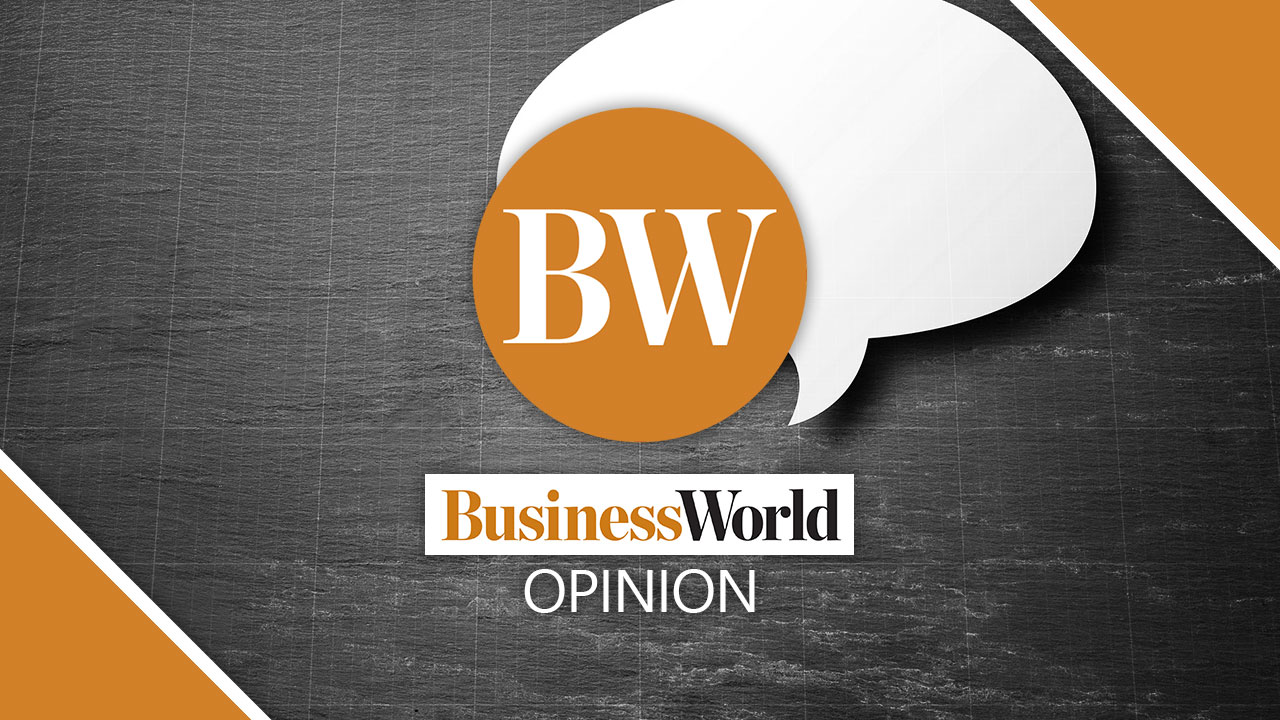
(This letter refers to Bienvenido Oplas, Jr.’s column “High deaths, low births, reduced smoking and the WHO,” which came out on Oct. 25; https://www.bworldonline.com/high-deaths-low-births-reduced-smoking-and-the-who/. — Ed.)
Dear Editor,
I write to commend you for adding an editorial note about the safety of COVID-19 vaccines despite Mr. Oplas’s claims that the increase in recorded deaths may have been due to the COVID vaccinations. There are other inaccuracies in his statements regarding non-communicable diseases (NCD).
Oplas says deaths from NCD have flatlined “even as people are getting wealthier and consume more processed and sugary food and drinks, and consume more alcohol and tobacco.” Yet, he contradicts himself by noting that smoking prevalence is declining, citing the example of the Philippines. Clearly, there are less people smoking, and not more, and this has contributed to the flattening of NCD mortality figures. In the Philippines, the decline in smoking is largely due to the sin tax reform that significantly raised cigarette taxes and prices in 2013 with further tax increases since then. Still, millions of Filipinos remain addicted to nicotine and suffer disease, poverty, and early death from smoking, so it is only right that governments and the World Health Organization continue to fight the tobacco pandemic.
Another false claim of Oplas is that tobacco control measures such as taxation created the illicit cigarette market. He cites World Bank data but failed to cite the World Bank publication on tobacco taxation and illicit trade: “Confronting Tobacco Illicit Trade: A Global Review of Country Experiences” (https://www.worldbank.org/en/topic/tobacco/publication/confronting-illicit-tobacco-trade-a-global-review-of-country-experiences), which includes the case of the Philippines and clearly states that tobacco taxes play only a minor role in illicit trade. In fact, many countries with low tobacco taxes have high rates of illicit trade, while many countries with high tobacco taxes and prices have low rates of illicit trade. Global evidence shows corruption as a primary driver of the illicit market and the complicity of tobacco companies in the black market.
This misinformation by Oplas reminds me of the time I heard him misinform our congressmen by claiming that plain (standardized) packaging of tobacco products in Singapore had led to increased illicit trade, when in fact Singapore had legislated but not yet implemented its plain packaging law. (Underscoring by the letter writer. — Ed.)
Oplas concludes by griping that tobacco industry front groups are being excluded from the Conference of Parties to the WHO Framework Convention on Tobacco Control (FCTC), despite the P78 billion of excise tax revenues collected from tobacco products. Of course, he disregards the fact that the economic costs of smoking for just four diseases are at least P210 billion per year. Also, the FCTC is a tobacco control treaty, so it is logical to exclude the tobacco industry and those promoting its interests. Shouldn’t drug pushers be excluded from a drug control treaty?
Oplas and his organization (Minimal Government Thinkers), as well as the Property Rights Alliance that published his paper, are mouthpieces of the tobacco industry to misinform about tobacco taxation, plain packaging, and other evidence-based tobacco control measures.
Sincerely,
Ulysses Dorotheo, MD, FPAO
Executive Director,
Southeast Asia Tobacco
Control Alliance



